The ocean is an important part of the earth. The ocean provides human beings with food, fresh air, and a steady stream of water resources... But human beings are not friendly to the ocean, wantonly destroying the marine environment and depleting marine resources... The ocean cue ball was seriously injured.
June 8 is the 9th "World Oceans Day" and the 10th "National Ocean Awareness Day". As beneficiaries of the ocean, what can we do for ocean protection?
Resist the use of single-use plastics
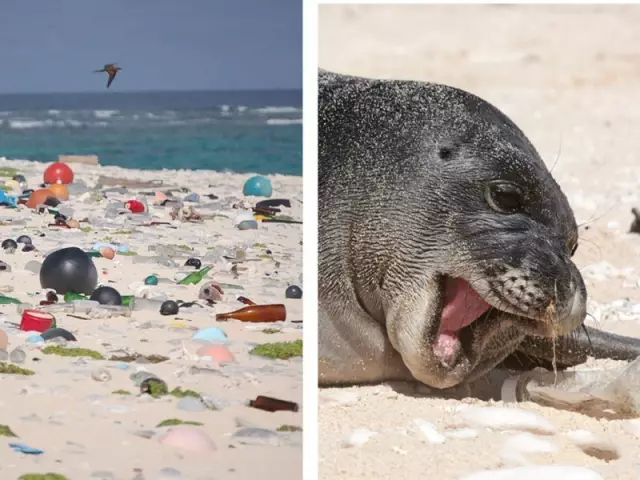
Every day, thousands of people on earth buy single-use plastic products, such as plastic bags, plastic cups, plastic straws...and throw them away after they are used up. Since the global recycling rate of plastic products is only 25%, many plastic wastes will eventually flow into the ocean and become marine debris, destroying the marine environment and threatening the survival and development of marine life.
Think twice before buying single-use plastic products, why not use canvas bags instead of plastic bags? Replacing bottled mineral water with a water glass? Reject disposable straws? Take the courage to say goodbye to single-use plastics!
Do not throw away cigarette butts on the street
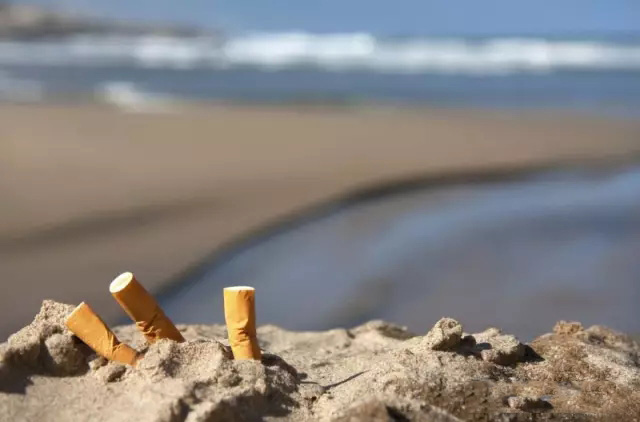
Cigarettes are harmful to human health, but also to the ocean. According to relevant statistics, about 4.5×1012 cigarette butts are scattered around the world every year. Like those plastic products, cigarette butts enter the ocean in various ways and accumulate on the coast. Burnt cigarette butts contain thousands of harmful chemicals that can kill marine life. If you are a smoker, be sure to throw your cigarette butts in the trash, not the roadside.
Reduce carbon emissions
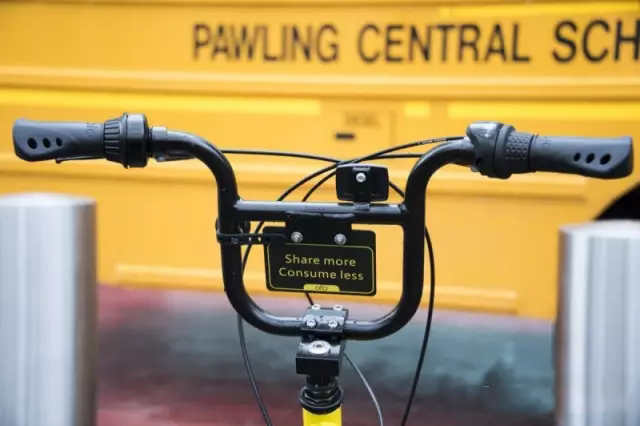
The ocean absorbs more than 25% of the carbon dioxide emitted by humans, resulting in acidification of the sea, affecting coral reefs and a large number of marine life. Restraining ocean acidification goes hand in hand with tackling climate change: we need to reduce global carbon dioxide emissions. Personally, some small suggestions such as: choose to use green energy in life; choose more public transportation or bicycles when traveling; do not smoke; participate in tree planting activities, etc.
One person is weak, and reducing carbon dioxide emissions requires the joint efforts of all. …
Be a rational consumer
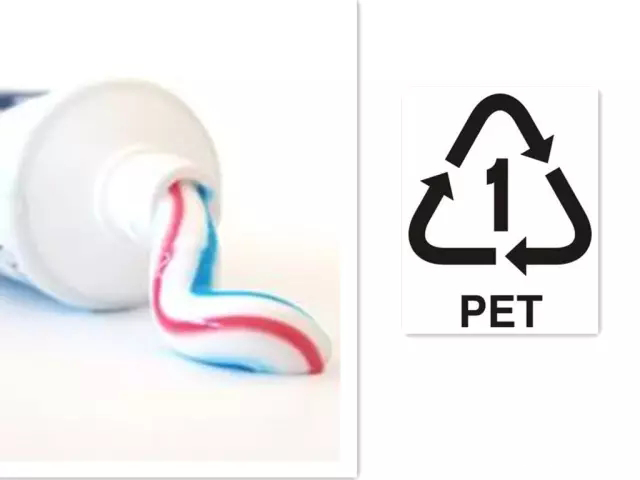
Used toothpaste, body wash, and some clothing may contain microplastics, which flow into the ocean in the form of wastewater. Because these particles are very small, they are difficult to remove and must be treated at the source. Before you buy personal items, check the labels to see if they contain plastic ingredients. Learn about plastic recycling signs such as "PP", "PE", "PET", "PMMA", and choose to reuse or reduce the use of these plastic products.
Organizing or participating in beach cleaning activities
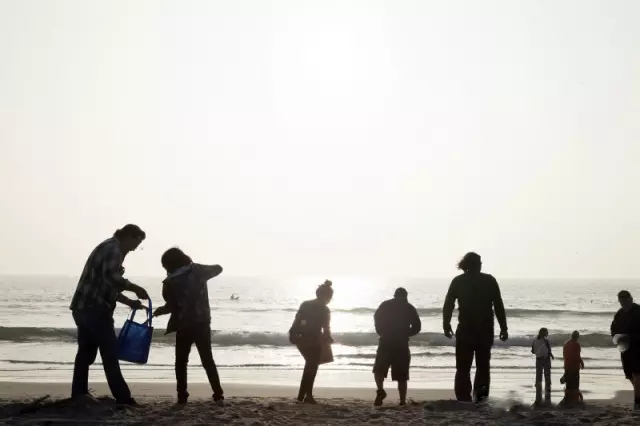
When you're at the beach, you're more likely to see plastic, cigarette butts, and nut shells littered on the beach, which flow into the ocean with the waves. Why don't you go to the beach with your buddies to pick up trash? Or sign up for a beach cleanup in your city? Make sure the trash you pick up is disposed of in a sustainable way and doesn't end up in the ocean again.
Be a responsible shit shoveler
If you keep pets, you may also be destroying marine ecosystems. Such as cat litter, the chemicals in cat litter can cause great harm to marine life, so do not pour cat litter down the toilet or sink, or they will end up in the ocean with the waste water cycle.
Also, if you have an aquarium, avoid buying wild-caught tropical fish. Also, don't put a domesticated tropical fish into the sea at will, although it may appear to be released, these fish may cause unpredictable damage to local marine life.
"Raising the sea, going to the deep blue"
Protecting the ocean is not limited to coastal people.
Protecting the ocean does not stop at today.
On June 8th, act, you and I can save the ocean!